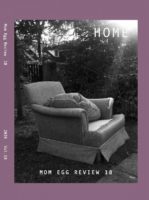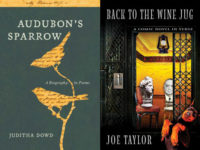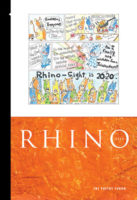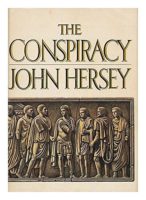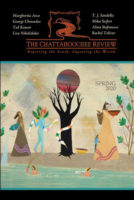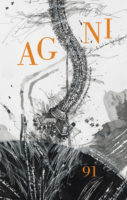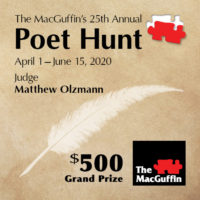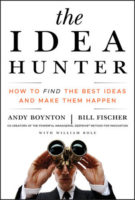 Guest Post by Bright Heaven’s
Guest Post by Bright Heaven’s
Have you ever wondered to yourself (like I did): how do the world’s great entrepreneurs and innovators come up with such unique and brilliant ideas for their businesses? Then this book, The Idea Hunter, a very recent read of mine, is what I will recommend for you.
Ideas rule the world. In fact, the global space runs on an idea cum knowledge economy. It is on this premise that the book was written and it serves to bust the myth that brilliant, earth-shaping, and career-boosting ideas come from brilliant minds. Rather, it seeks to reveal that breakaway ideas come to those who are in the habit of looking for them all the time. These people are referred to as Idea Hunters.
In this book, I learned about how and what it takes for people to create a superb idea that leads to the creation of a successful innovation through the description of the characteristics and behaviors of several successful idea hunters. The Idea Hunter informs and unearths the habits shared by many great innovators and inventors of the past century. From very popular innovators such as Thomas Edison, Walt Disney, Warren Buffet, Steve Jobs etc., to less popular names such as Jack Hughes, Paul Romer, Jim Koch, Greg brown Jay Hooley, Michael D White etc., readers get a raw perception into how they developed their ideas and the steps they took to bring them into reality. What I find most interesting is how several top global brand/companies such as Apple, Walt Disney, Gore-tex, Elixir Strings, and Boston Beer, among others, came into being through a simple albeit conscious act—the serious business of Idea Hunting.
This is quite an average volume consisting of six chapters, and I can tell you that each of the chapters is a goldmine deposited with wisdom on how to generate and actualize ideas.
The Idea Hunter: How to Find the Best Ideas and Make them Happen by Andy Boynton, Bill Fischer, William Bole. Wiley, April 2011.
Reviewer bio: Bright Heaven’s is an educator, a writer, poet, author, public speaker, information scientist, and a budding musician from Nigeria. He has publications in the Korea-Nigeria Anthology and several Association of Nigerian Authors (ANA) literary journals. Find him at: https://bright-heavens.site.live.
Buy this book through our affiliate Bookshop.org.

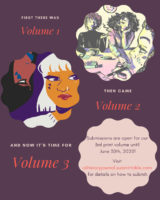
 Once again,
Once again, 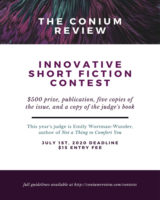
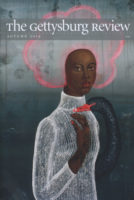
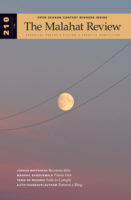
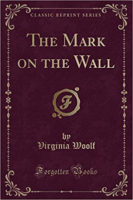
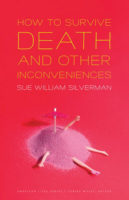
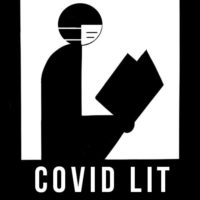

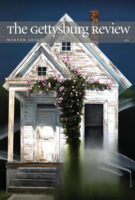
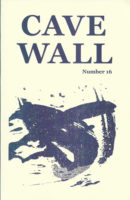
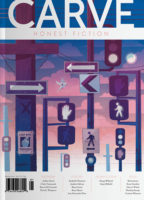
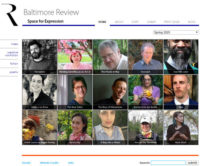
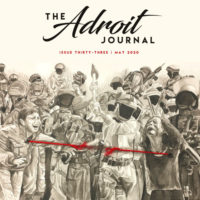
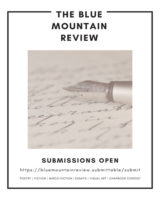
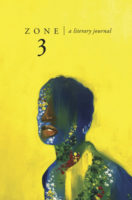
 Among the many wonderful resources NewPages offers to readers and writers is our
Among the many wonderful resources NewPages offers to readers and writers is our 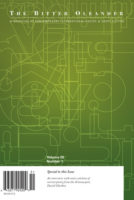
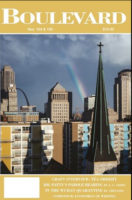
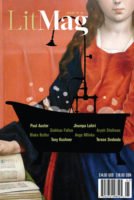
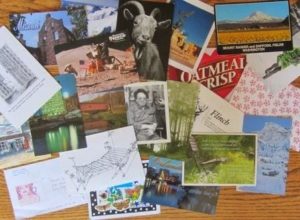 Considering all the cancelled or postponed or modified conferences and workshops, it’s comforting to know the
Considering all the cancelled or postponed or modified conferences and workshops, it’s comforting to know the 